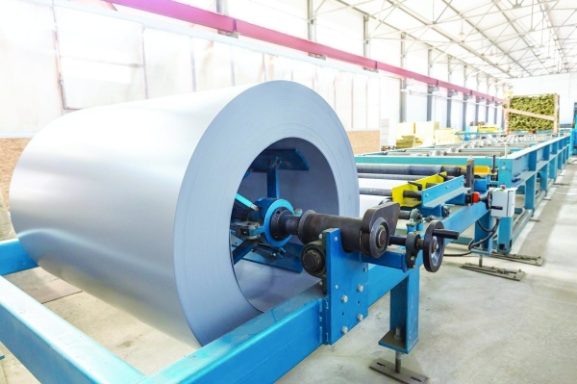Trump’s Higher Tariffs: What Major US Trading Partners’ Defiance Means for Global Trade and Your Business
US trade partners, including Switzerland, Brazil, and India, rushed on Thursday to negotiate improved terms as President Donald Trump’s increased tariffs on imports from numerous countries took effect. These higher tariffs have pushed the average US import duty to its highest level in a century.
Starting at 12:01 a.m. EDT, US Customs and Border Protection began collecting tariffs ranging from 10% to 50%, following weeks of uncertainty and last-minute talks. These new rates are part of Trump’s broader strategy to reduce trade deficits while aiming to avoid inflation or major disruptions to supply chains.
Leaders from Brazil and India expressed resistance even as their governments sought relief. Brazilian President Luiz Inacio Lula da Silva stated he would not “humiliate” himself by contacting Trump, while Indian Prime Minister Narendra Modi affirmed he would not compromise the interests of Indian farmers.
Since April, Trump has revised his so-called “Liberation Day” tariff plan several times. The current tariffs impose a 50% duty on goods from Brazil, 39% from Switzerland, 35% from Canada, and 25% from India. Additionally, a separate 25% tariff on Indian goods will take effect in 21 days, targeting New Delhi’s purchases of Russian oil.
Eight major trade partners—including the European Union, Japan, and South Korea—have secured framework agreements lowering their tariffs to 15%, while Britain negotiated a 10% rate.
Trump also warned that goods rerouted through third countries to evade tariffs would face an additional 40% duty, although enforcement details remain unclear.
Toyota announced on Thursday that it expects a $10 billion impact from tariffs on cars imported into the US.
— Reuters
Special Analysis by Omanet | Navigate Oman’s Market
The recent sharp increase in US tariffs signals a more protectionist trade environment, creating potential disruptions in global supply chains that Omani businesses should anticipate. For smart investors and entrepreneurs, this presents both risks in export markets tied to the US and opportunities to diversify supply sources or pivot toward less tariff-exposed regions. Staying agile and exploring new trade partnerships will be crucial to maintaining competitive advantage amid shifting global trade dynamics.



